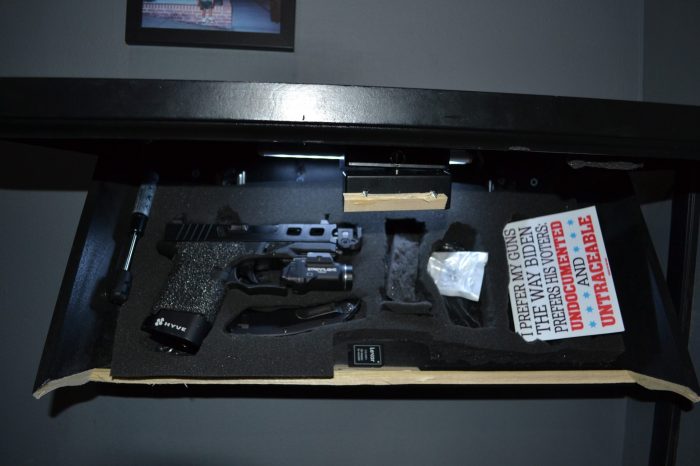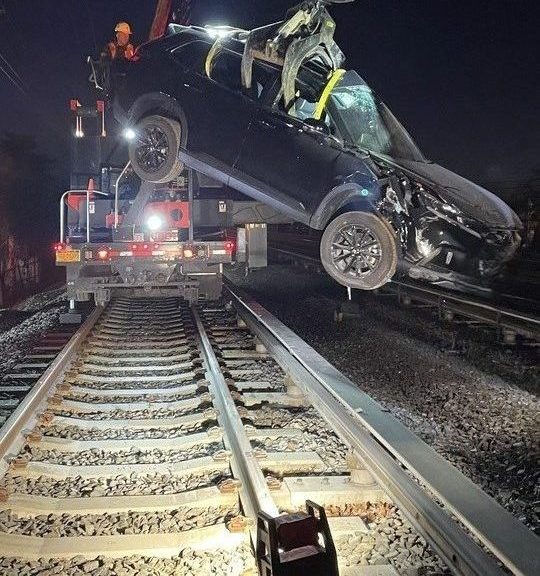As new facts surface illustrating the need for increased fiscal responsibility and financial accountability at the Metropolitan Transportation Authority (MTA), Assemblyman Tom Alfano, Assembly Minority Leader Brian M. Kolb and Assembly members representing Long Island called for creation of an “MTA Fiscal Oversight Control Board” to increase the authority’s operating efficiency and responsiveness to policy-makers and taxpayers.
Alfano, who represents LIRR commuter station communities of Floral Park, West Hempstead, North Valley Stream, Bellerose Village, New Hyde Park, Stewart Manor and Elmont, called for the oversight board in response to not only the Empire Center Report, but to the closing of ticket counters in the 21st Assembly District and the drama surrounding the opening and closing of the Belmont train station. Service was suspended to Belmont Park, but was reinstated after lawmakers passed a bailout plan for the MTA.
“The commuters and residents have really had it with the MTA. The fare increases, the payroll tax and cutting of customer service are truly disgraceful. This oversight board will bring accountability to the people,” Alfano said.
Approximately 38 percent of the MTA’s operating budget goes to salaries ($4.2 billion), and nearly 12 percent of that amount is for overtime (over $400 million). As noted in a report released June 24, 2009 by the highly respected, non-partisan Empire Center for New York State Policy, over 10 percent of the MTA’s employees (8,214 in total) make $100,000 or more annually. In 2008, an MTA car repairman made $283,000.
The Alfano-Kolb proposal closely mirrors legislation called for by former Governor Eliot Spitzer, entitled the “Public Authorities Reform Act of 2007,” (Program Bill 32R of 2007) which would have strengthened the oversight and administration of New York’s public authorities.
The proposed MTA Fiscal Oversight Control Board would be empowered to freeze salaries and benefits of MTA employees, approve MTA contracts totaling over $100,000, resolve MTA labor grievances, conduct forensic audits of all MTA receipts and expenditures and issue public reports on MTA finances.
Seven members would comprise the proposed MTA Fiscal Oversight Board, with the Governor, Comptroller, Attorney General, Assembly Speaker, Senate Majority Leader, Assembly Minority Leader, and Senate Minority Leader each making one appointment that would serve a four-year, unpaid term.
Courts have ruled in favor of similar fiscal oversight control boards having the power to freeze salaries and benefits, as was the case in Buffalo. In May, after the Legislature had enacted legislation (Assembly Bill A.8180/Senate Bill S.5451, Chapter 25 of the Laws of 2009) to help close the MTA’s operational budget deficit of $1.77 billion, Alfano and Kolb publicly called for a comprehensive audit of the MTA to ensure it was utilizing public monies in the most efficient manner possible.
“The MTA isn’t a dictatorship where they can just do whatever they want when they want,” said Alfano. “Yet that is the way the MTA acts and it has to stop now. The fact is simply that the people can’t afford any more of the MTA’s business as usual cavalier management. People are losing their jobs, losing their healthcare and the MTA continues to act like it’s just another day on Long Island. They have to wake up.”
A bill to create the oversight board would have to be introduced and then passed in the Assembly, the Senate and then be signed into law by the Governor.





























